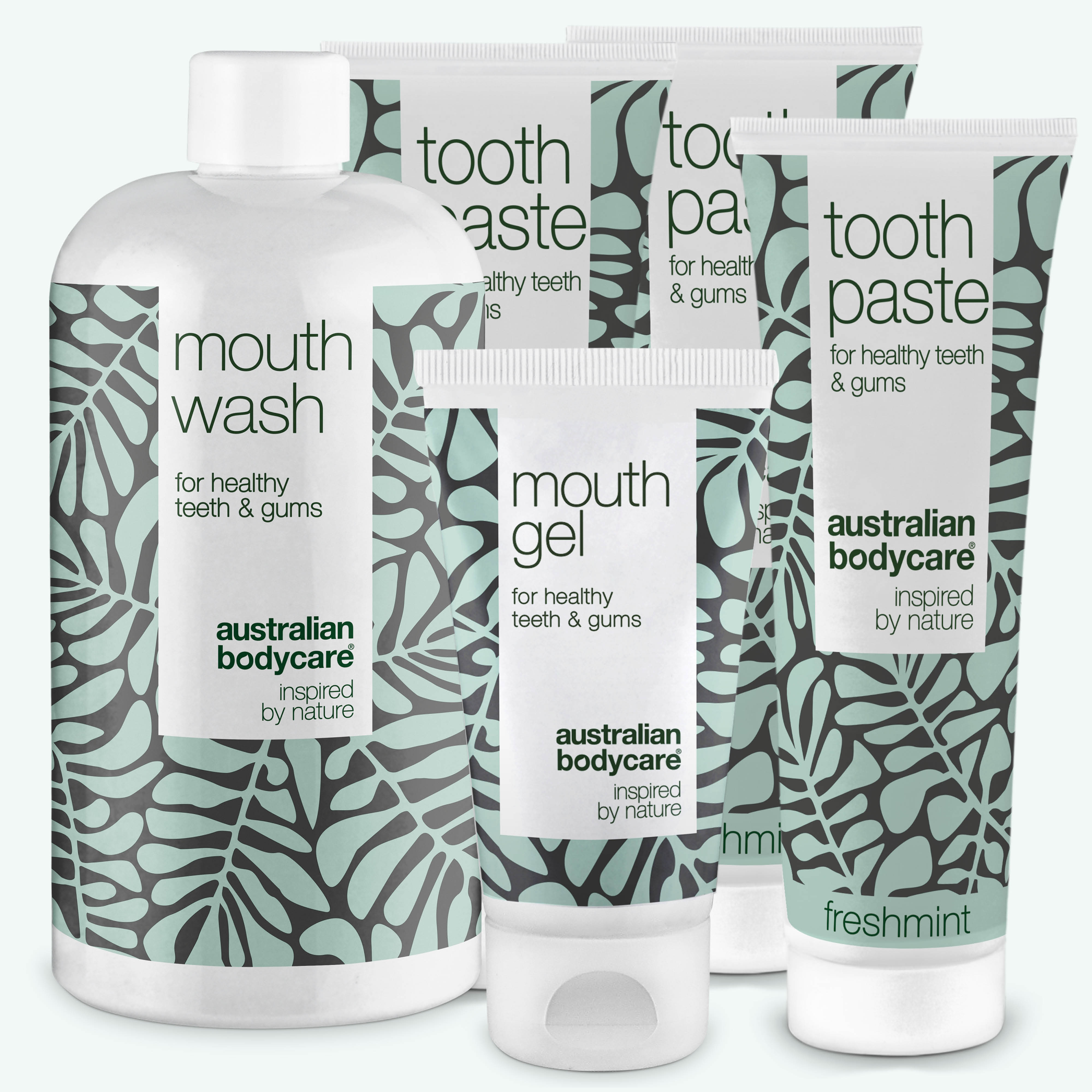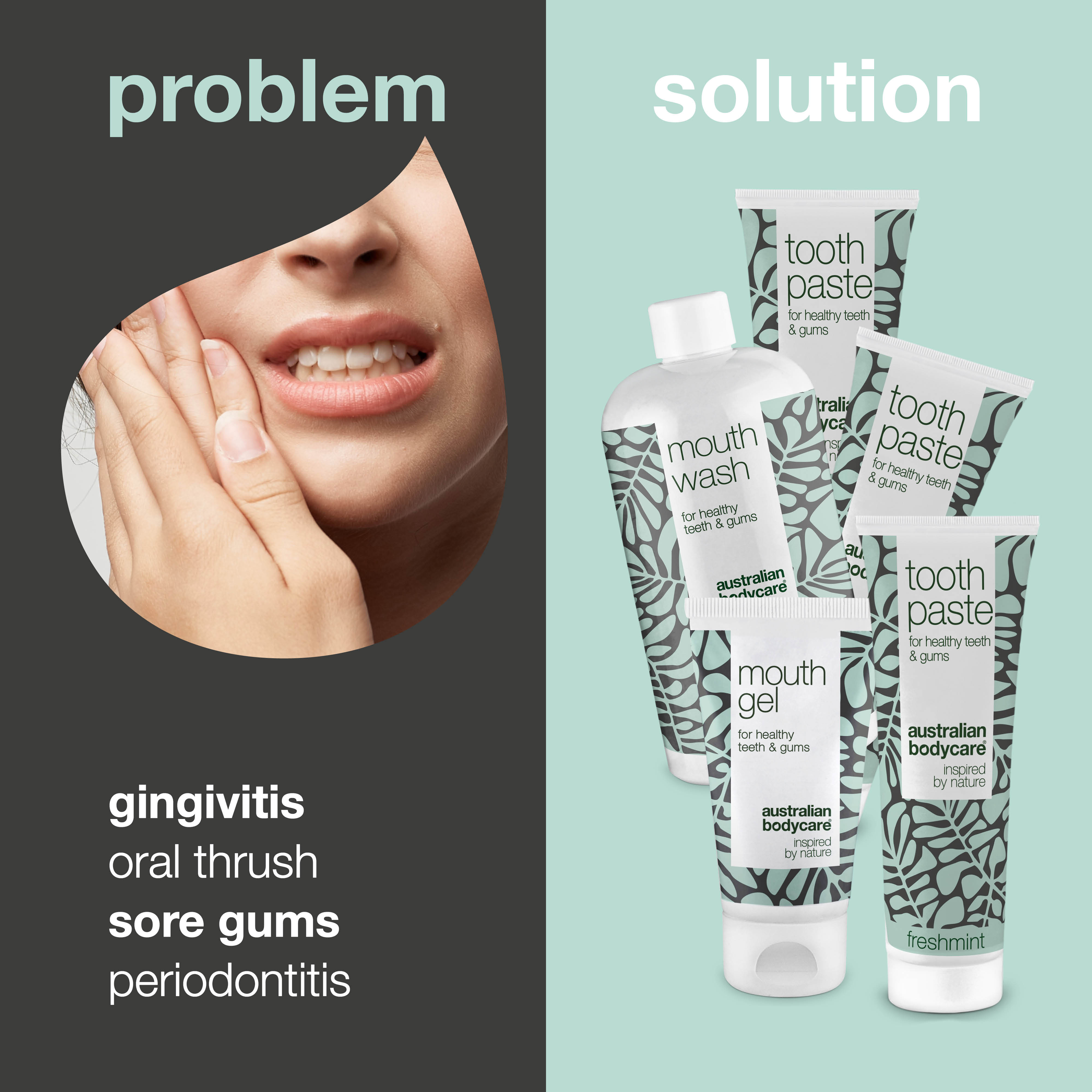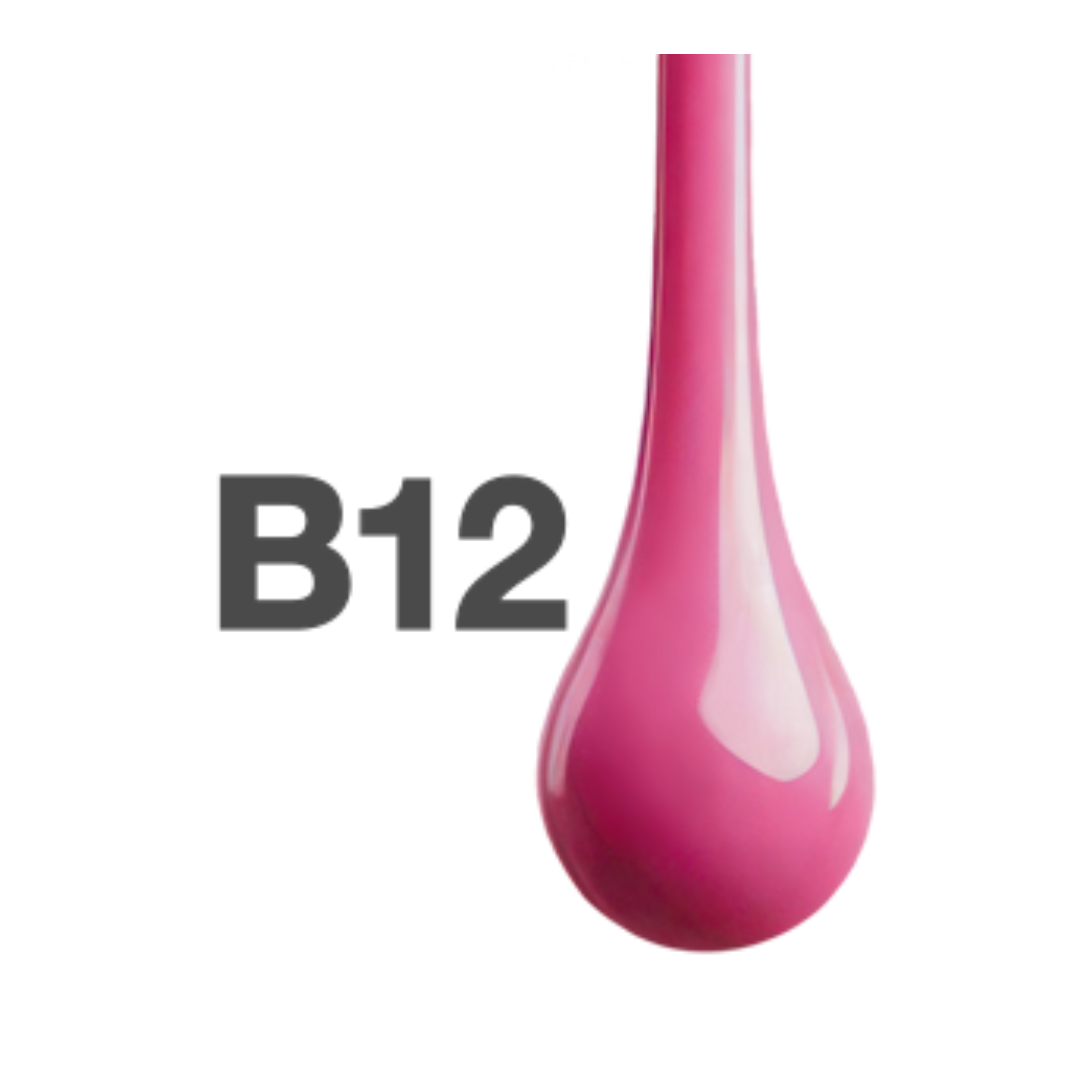Prevention and Treatment of Rotten Teeth: Causes and Solutions
Tackling issues with rotten teeth is crucial for both health and well-being. This article dives into the importance of prevention through good oral hygiene, a healthy diet, and regular dental visits.
Learn more here.
Table of contents
Causes of Rotten Teeth
Poor oral hygiene, sugary diet, smoking, alcohol and medication use, and genetics can lead to rotten teeth.
Poor Oral Hygiene
Lack of brushing and flossing allows bacteria to build up in the mouth. These bacteria can cause dental problems such as cavities and periodontal disease. A dental hygienist will often emphasize the importance of keeping the mouth clean to protect dental health.
Visits to the dentist are necessary to remove plaque and tartar that cannot be brushed away. This helps prevent greater damage to teeth and gums. Regular check-ups allow for early detection of any problems, so treatment can start quickly.
Sugary Diet
A sugary diet significantly increases the risk of dental problems. Sodas, juices, and sweet snacks break down tooth enamel. This can lead to cavities and teeth that appear rotten, which in this guide will be referred to as rotten teeth. Sugar creates an environment where harmful bacteria thrive.
These bacteria produce acids that attack teeth.
To protect teeth, it's important to limit sugar intake. Eat less candy and drink fewer sugary beverages.
A healthy diet with less sugar helps maintain strong teeth and healthy gums.
Smoking
Smoking damages not only the lungs but also the teeth. Tobacco smoke can cause discoloration and make teeth less attractive. It also increases the risk of gum disease and can lead to root inflammation.
It is important that smokers have regular dental check-ups to keep dental diseases at bay.
Tobacco use contributes to an increased need for dental treatments. Smoking can also worsen the condition of the teeth by increasing wear and making the jaw muscles sore. For those who smoke, it is crucial to be aware of dental health's role in overall health.
Regular visits to the dentist help prevent serious problems and maintain good oral hygiene.
Alcohol and Medication Use
Alcohol affects oral hygiene and can increase the risk of dental problems. Excessive alcohol consumption can result in dry mouth, creating an environment more prone to bacterial growth and rotten teeth.
Similarly, certain types of medication, such as antihistamines and antidepressants, can cause dry mouth and increase the risk of cavities. It is important to be aware of these correlations and maintain a healthy balance between alcohol consumption and medication use to preserve good oral health.
Genetics
Genetics plays a crucial role in dental health. Scientific studies have shown that genetic factors can increase the risk of dental problems, including cavities and periodontal disease.
At the same time, genetics can also affect the body's ability to fight bacteria in the oral cavity, impacting dental health. Therefore, it is important to understand one's genetic predisposition to take the right preventive measures and treatment decisions. Genetic testing can provide a better understanding of one's risk of developing dental problems, allowing for tailored prevention and treatment plans.
This innovative approach can help individuals take control of their dental health and work with dental care professionals to maintain healthy teeth throughout life.
Consequences of Rotten Teeth
Periodontal disease, which is a serious gum disease, can make teeth appear rotten. Cavities can cause pain and discomfort, affecting one's ability to eat and chew normally.
Teeth grinding can result in wear and damage to teeth, potentially requiring further treatment.
Periodontal Disease
Periodontal disease can be treated with regular dental care and professional treatment. Gum inflammation can lead to loss of bone mass around the teeth and eventually periodontal disease.
Bacteria from periodontal disease can enter the bloodstream and affect the health of other organs, emphasizing the importance of treating and preventing this condition.
Cavities
Cavities occur when bacteria in the mouth produce acids that attack tooth enamel. This can lead to holes in the teeth, also known as cavities.
Regular check-ups with the dentist and good oral hygiene can help prevent cavities. Discoloration on the teeth can be a sign of cavities, and if the tooth is attacked through the enamel and into the dentin, it can cause cavities.
The consequences of cavities can be both toothache and the need for treatment.
Teeth Grinding
Teeth grinding can result in wear on the teeth as well as toothache. Regular dental examinations can identify and treat teeth grinding before it becomes serious.
Good oral hygiene, including brushing and flossing, can help reduce teeth grinding and positively impact overall health. Treatment for teeth grinding can include the use of mouthguards or other dental products to prevent further damage.
Treatment of Rotten Teeth
Professional Dental Cleaning
Regular professional dental cleaning is crucial for the removal of tartar and plaque that can lead to rotten teeth. Professional dental cleaning helps maintain healthy teeth by removing bacteria and preventing toothache.
By undergoing regular professional dental cleaning, one can reduce the risk of periodontal disease and cavities, which is essential for maintaining good oral hygiene.
Fillings and Tooth Extraction
Fillings and tooth extraction are common treatment methods for managing rotten teeth. These procedures can be crucial for maintaining oral health. Here is a detailed list of how these treatments work:
1. Fillings are used to repair small or medium-sized holes caused by cavities. This involves removing the affected area and filling it with a restorative material such as amalgam or composite material.
2. Tooth extraction is performed when a tooth cannot be saved through other means such as fillings or root treatments. This may be necessary if a tooth is severely damaged or infected.
3. Alternatives to tooth extraction are considered first, including possible implants or dental crowns, especially in less acute cases.
4. Preparation for fillings and tooth extraction usually includes local anesthesia to minimize pain during the procedure and possible antibiotic treatment before the treatment, especially in case of infection risk.
5. After the procedure, care tips and instructions are often followed to maximize the healing process and avoid complications.
It is important to seek professional advice from a qualified dentist to determine the best course of action in each individual case.
Root Canal Treatment
Root canal treatment is an effective method for saving a tooth from infection or damage to the root. Dentists perform root canal treatment by removing the infected tissue, cleaning the canals, and then sealing them. This can prevent further damage and save the natural tooth. In some cases, root canal treatment can prevent the need to extract a tooth.
Regular check-ups with the dentist can help identify the need for root canal treatment in time.
Surgical Procedures
Surgical procedures are essential for saving teeth in advanced cases of periodontal disease and severely affected teeth. Implants may require surgical procedures for proper placement, while plastic and porcelain crowns may be part of cosmetic dental treatments.
These procedures can restore the functionality and aesthetics of teeth, contributing to improved quality of life for patients. Severe cases may require surgical procedures as a last resort.
Surgical procedures in dental treatments play a crucial role in restoring the health and functionality of teeth. They are often necessary for saving teeth from advanced conditions such as periodontal disease, as well as for proper placement of implants and cosmetic crowns.
Prevention of Rotten Teeth
To prevent rotten teeth, it is important to maintain good oral hygiene. Eat healthy foods and avoid excessive sugar intake. Smoking and excessive alcohol consumption should also be avoided, along with regular visits to the dentist to keep teeth healthy and prevent potential problems.
Good Oral Hygiene
Good oral hygiene is essential for maintaining healthy teeth and gums. It includes regular brushing of teeth at least twice a day with fluoride toothpaste and using dental floss or interdental brushes to remove plaque between teeth. Additionally, it is important to use antibacterial mouthwash to kill harmful bacteria in the mouth.
1. Regular brushing: Brushing teeth at least twice a day with circular movements to remove plaque and food particles and keep breath fresh.
2. Use of dental floss or interdental brushes: These help remove plaque and food particles between teeth, which can reduce the risk of cavities and periodontal disease.
3. Use of antibacterial mouthwash: Rinsing with an antibacterial mouthwash can reduce the amount of harmful bacteria in the mouth, helping to prevent gingivitis and bad breath.
These steps play a crucial role in maintaining good oral hygiene and can help reduce the risk of rotten teeth and dental problems in the long run.
Healthy Diet
A healthy diet is crucial for maintaining healthy teeth and preventing dental problems. Here are some important foods and nutrients that play a role in strengthening teeth and maintaining good oral hygiene:
1. Fresh vegetables: Leafy greens like spinach contain calcium, an essential building block for healthy teeth. Carrots are a rich source of vitamin A, which helps maintain gum health.
2. Fish: Fatty fish like salmon are rich in omega-3 fatty acids, which can help reduce inflammation in the gums and support overall oral health.
3. Dairy products: Milk and cheese contain calcium and phosphorus, which are necessary for strong teeth. They can also help strengthen tooth enamel.
4. Apples: The malic acid in apples stimulates saliva production, which helps wash away harmful bacteria from the mouth.
5. Nuts and seeds: Almonds and sesame seeds also contain calcium and other nutrients such as magnesium, which promote dental health.
6. Water: Drink plenty of water to maintain proper moisture levels in the mouth and rinse away sugar and acids between meals.
7. Tea: Green tea contains polyphenols, which can help fight bacteria in the mouth and reduce the risk of dental problems.
These foods form the foundation of a healthy diet that promotes dental health, reduces the risk of cavities, and supports overall oral health.
Avoid Smoking and Excessive Alcohol Consumption
Smoking and excessive alcohol consumption can have serious consequences for dental health, including an increased risk of periodontal disease, cavities, and other dental disorders. Here are some effective ways to avoid these harmful habits:
1. Maintain a healthy lifestyle by engaging in physical activities and healthy eating habits.
2. Seek support from friends, family, or professionals to overcome addiction to smoking or alcohol.
3. Identify triggers for cravings and develop strategies to manage them, such as staying busy with alternative activities.
4. Find alternative methods of stress reduction, such as meditation or deep breathing.
5. Avoid situations or environments that increase the urge to smoke or drink excessively.
Avoiding these harmful habits will not only improve your dental health but also your overall well-being and quality of life.
Regular Dental Visits
Regular dental visits can help prevent dental diseases and detect problems in the early stages. A dentist can examine teeth and gums for symptoms of periodontal disease or cavities and provide recommendations for preventing further damage.
Professional dental cleaning during these visits removes plaque and tartar, which are essential for maintaining good oral hygiene and preventing dental diseases. By attending regular check-ups and cleanings, one can ensure that any problems are treated quickly, which can help minimize the cost and hassle of more extensive dental treatments later.
Genetic Testing for Risk of Dental Problems
Genetic testing can identify a person's predisposition to dental problems based on their hereditary traits. By examining an individual's genetics, dentists and geneticists can detect possible risk factors for rotten teeth, periodontal disease, and other dental issues.
This testing can provide valuable insights that enable tailored preventive measures and early treatment, which can be crucial for maintaining good oral hygiene and oral health.
Genetic testing can be a useful tool for creating a more personalized approach to the prevention and treatment of dental problems.
This approach integrates knowledge from both dental science and genetics, leading to more effective prevention strategies and treatment options tailored to an individual's genetic predisposition.
FAQ
What causes rotten teeth in children and adults?
Rotten teeth often result from poor oral hygiene, but factors such as diabetes, coffee, smoking, and certain diseases like asthma can increase the risk.
Can you see symptoms of rotten teeth?
Yes, symptoms of rotten teeth include pain, sensitivity to hot or cold, strange spots on teeth, and bad breath. If you experience these symptoms, it is important to visit a dental clinic as soon as possible.
How can you prevent rotten teeth?
Preventing rotten teeth involves good oral hygiene such as brushing teeth twice daily, using dental floss, avoiding excessive consumption of sugary drinks and foods, and regular dental visits for check-ups and cleanings.
Is there a connection between rotten teeth and other health problems?
Yes, research shows that poor oral health can be linked to several health problems such as heart disease and diabetes. Bacteria from rotten teeth can enter the bloodstream and cause inflammation elsewhere in the body.
What are the treatment options for rotten teeth?
Treatment options for rotten teeth vary depending on the severity of the condition. They can include fillings, crowns, root canals, or in severe cases, tooth extraction. Prevention is, however, the best method to avoid the need for these treatments.





